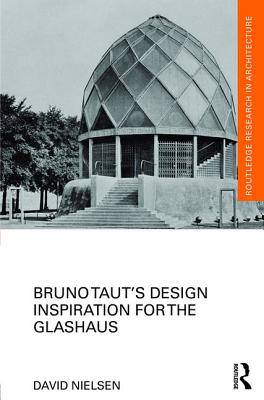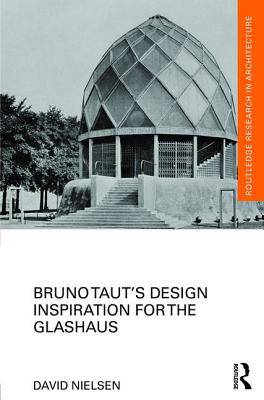
- Retrait gratuit dans votre magasin Club
- 7.000.000 titres dans notre catalogue
- Payer en toute sécurité
- Toujours un magasin près de chez vous
- Retrait gratuit dans votre magasin Club
- 7.000.0000 titres dans notre catalogue
- Payer en toute sécurité
- Toujours un magasin près de chez vous
Description
As a formative exemplar of early architectural modernism, Bruno Taut's seminal exhibition pavilion the Glashaus (literally translated Glasshouse) is logically part of the important debate of rethinking the origins of modernism. However, the historical record of Bruno Taut's Glashaus has been primarily established by one art historian and critic. As a result the historical record of the Glashaus is significantly skewed toward a singlular notion of Expressionism and surprisingly excludes Taut's diverse motives for the design of the building.
In an effort to clarify the problematic historical record of the Glashaus, this book exposes Bruno Taut's motives and inspirations for its design. The result is that Taut's motives can be found in yet unacknowledged precedents like the botanical inspiration of the Victoria regia lily; the commercial interests of Frederick Keppler as the Director of the Deutche Luxfer Prismen Syndikat; and imitation that derived openly from the Gothic. The outcome is a substantial contribution to the re-evaluation of the generally accepted histories of the modern movement in architecture.
Spécifications
Parties prenantes
- Auteur(s) :
- Editeur:
Contenu
- Nombre de pages :
- 172
- Langue:
- Anglais
- Collection :
Caractéristiques
- EAN:
- 9781138887541
- Date de parution :
- 23-09-15
- Format:
- Livre relié
- Format numérique:
- Genaaid
- Dimensions :
- 157 mm x 234 mm
- Poids :
- 521 g

Les avis
Nous publions uniquement les avis qui respectent les conditions requises. Consultez nos conditions pour les avis.






